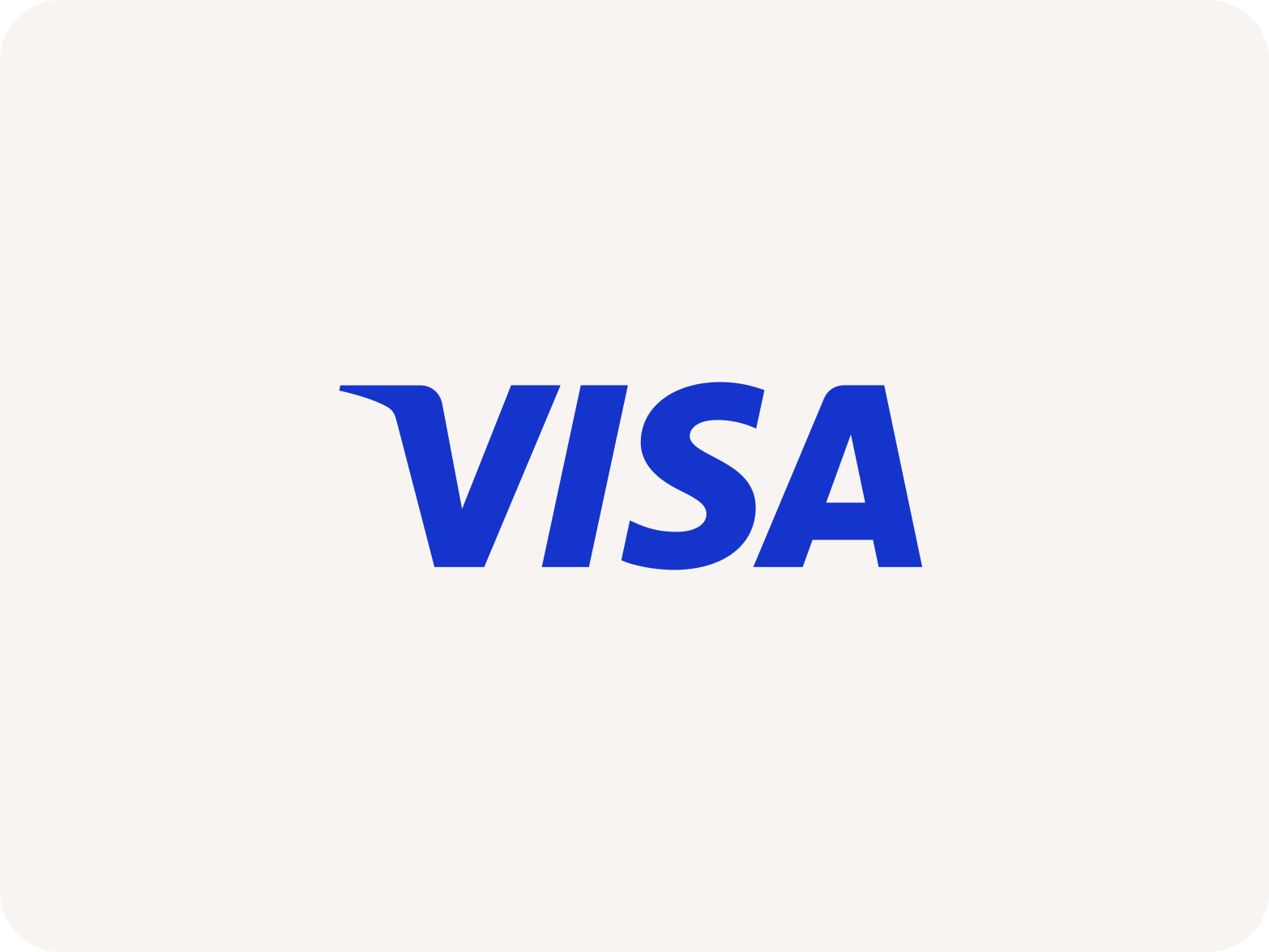Blog
Keep up with the pace of payments.

Retail
The evolution of payment gateways
Explore how different payment gateway models function, from standalone systems to integrated platforms and front-end solutions.
FinTech
Comparing e-commerce checkout page integrations
Learn more about the common checkout page integration methods and find out how to choose the best type of integration for your website.

FinTech
Empower your checkout with Visa Instalments – coming soon
Visa Instalments lets customers split payments with their existing credit cards - boosting sales, basket sizes, and checkout conversions

FinTech
Our latest platform features - May 2025
Explore Ecommpay’s latest platform features for May 2025, designed to help your business grow with greater flexibility and ease.

Retail
What is a Staged Digital Wallet Operator (SDWO)?
Find out what a Staged Digital Wallet Operator (SDWO) is, how it works, and its role in the payment ecosystem.

Retail
What is a payment gateway?
Learn about payment gateways and their importance in facilitating secure transactions. Essential knowledge for merchants in today’s digital marketplace.
This page is being updated. Please check our LinkedIn page for latest news.
